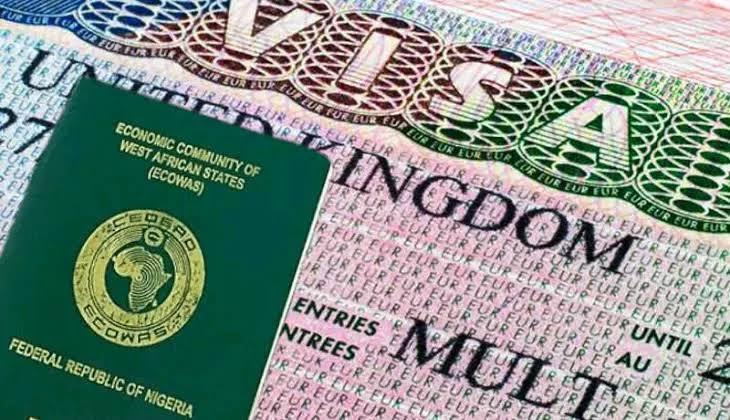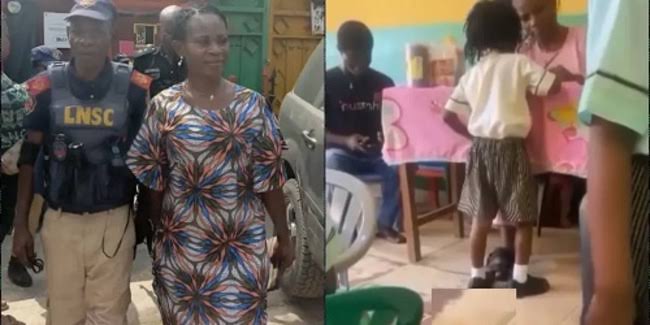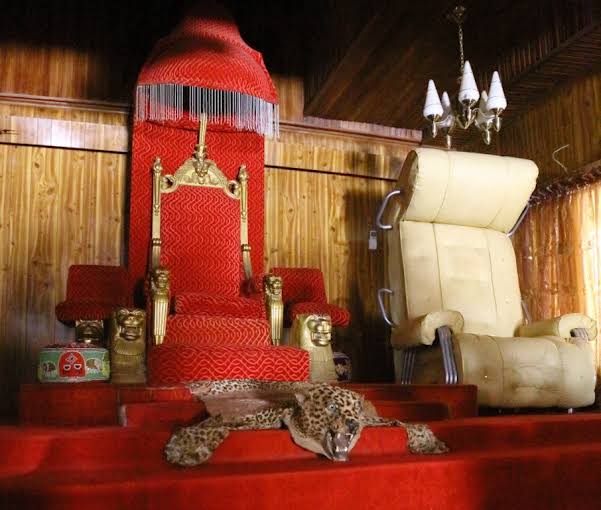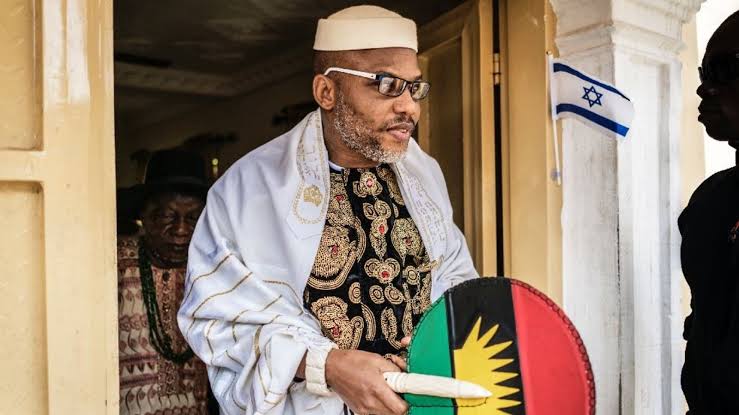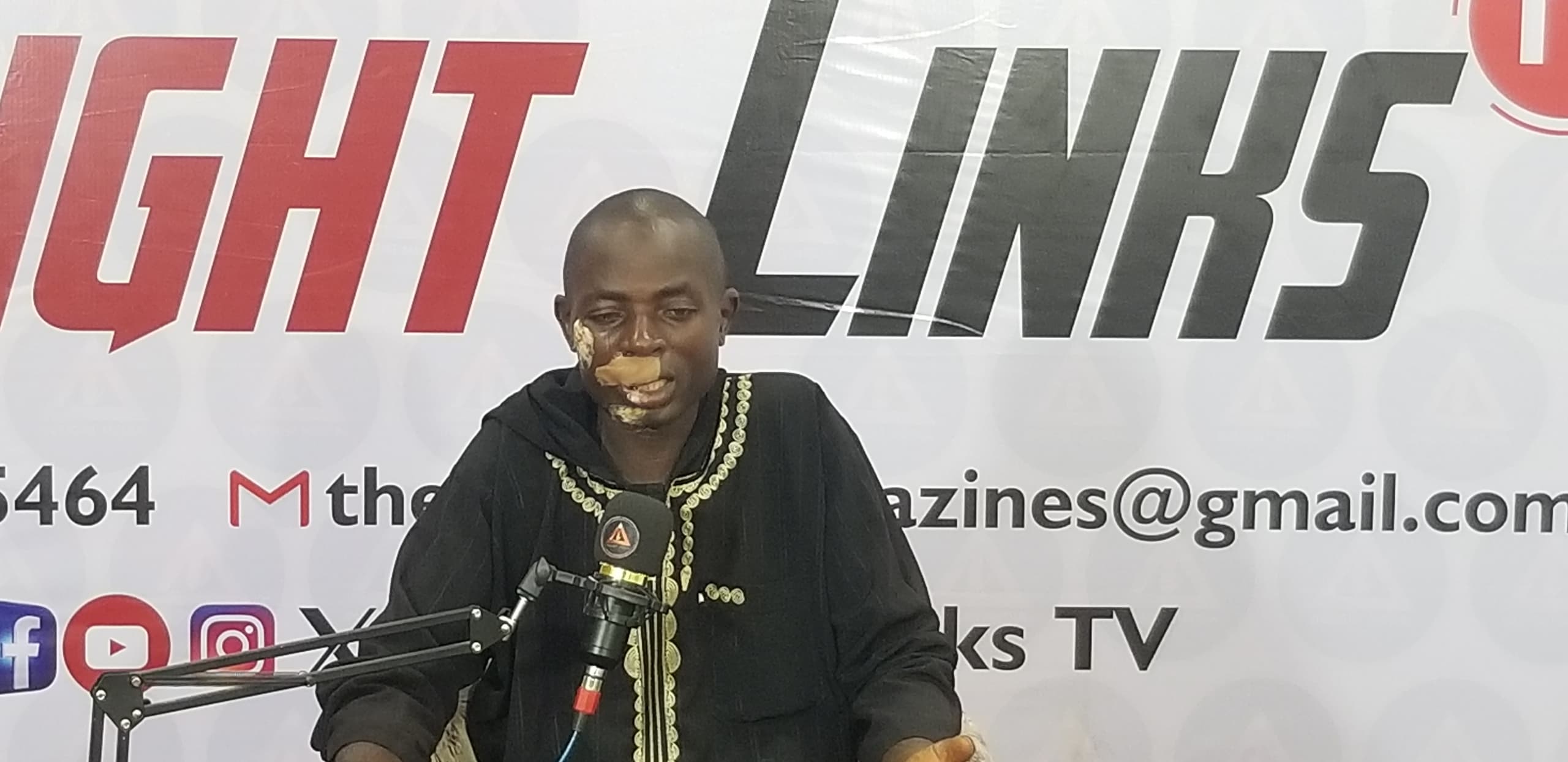Russia has accused Ukraine of trying to assassinate President Vladimir Putin by using drones to target his residence in the Kremlin in central Moscow.
The presidential office said defences downed two drones overnight. Mr Putin’s spokesman said the Russian leader had not been in the complex at the time.
Unverified footage on social media appeared to show an object flying over the Kremlin before a small explosion.
Ukraine said it had nothing to do with the alleged drone strike.
President Volodymyr Zelensky’s spokesman said Ukraine was focusing on liberating its own territory after Russia invaded last year.
Another official told the BBC the reported incident indicated Russia could be “preparing a large-scale terrorist provocation” in Ukraine.
The two countries frequently trade accusations and denials since the full-scale Russian invasion in February 2022.
Russia said the two drones targeting the Kremlin – a large government complex in central Moscow – were disabled using electronic radar assets.
One video on social media showed smoke rising over the fortified complex, and in another a small explosion was visible above the Kremlin Senate building, while two men appeared to clamber up the dome.
In a statement, the Russian presidency said: “Last night, the Kyiv regime attempted to carry out a strike on the Kremlin residence of the President of the Russian Federation with unmanned aerial vehicles.”
It said it regarded this “as a planned terrorist act and an assassination attempt on the president”, and Russia “reserves the right to take retaliatory measures wherever and whenever is deemed necessary”.
Mr Putin has very high personal protection and the BBC’s Russia Editor Steve Rosenberg says it is astonishing to think that drones could have got anywhere near the Kremlin.
The Russian leader was unhurt and his schedule would continue as normal, his office said. He was working in Novo Ogaryovo outside Moscow on Wednesday.
Fragments of the drones had fallen on the Kremlin site but no-one had been hurt and there was no damage to buildings, the presidency said.
It also noted the incident had come shortly before Russia’s 9 May Victory Day parade, which foreign dignitaries were expected to attend.
The parade would go ahead as planned, Russian news agencies quoted the Kremlin as saying.
“What happened in Moscow is obviously designed to escalate the situation before 9 May,” said Ukrainian presidential spokesman Serhiy Nikiforov.
Meanwhile Ukrainian presidential adviser Mikhailo Podolyak said the incident could help Russia justify attacks on civilian targets in Ukraine and could also indicate “guerrilla activities of local resistance forces” inside Russia.
“Something is happening in RF [Russian Federation], but definitely without Ukraine’s drones over the Kremlin,” Mr Podolyak said.
US Secretary of State Antony Blinken said he could not validate Russia’s accusation that Ukraine had tried to kill Mr Putin, but said he would take anything the Russian presidency said with a “very large shaker of salt”.
Mick Mulroy, a former US deputy assistant secretary of defense and CIA officer, told the BBC that if reports of the incident were accurate it was “unlikely” to be an assassination attempt as Ukraine tracks President Putin’s movements closely and he was not in Moscow at the time.
“This may have been to show the Russian people that they can be hit anywhere and that the war they started in Ukraine may eventually come home to Russia, even the capital,” he said.
Alternatively, if the reports were not accurate, “Russia may be fabricating this to use as a pretext to target President Zelensky. Something they have tried to in the past”, Mr Mulroy said.
Moscow’s mayor on Wednesday announced a ban on unauthorised drone flights over the city. Drone flights would require a special government permit, Sergei Sobyanin said.
Several Russian cities had already announced they would scale back this year’s Victory Day celebrations.
Russian authorities have cited security reasons and attacks from pro-Ukrainian forces for the changes. Explosions and fires have occurred in Russia in recent weeks. (BBC)


